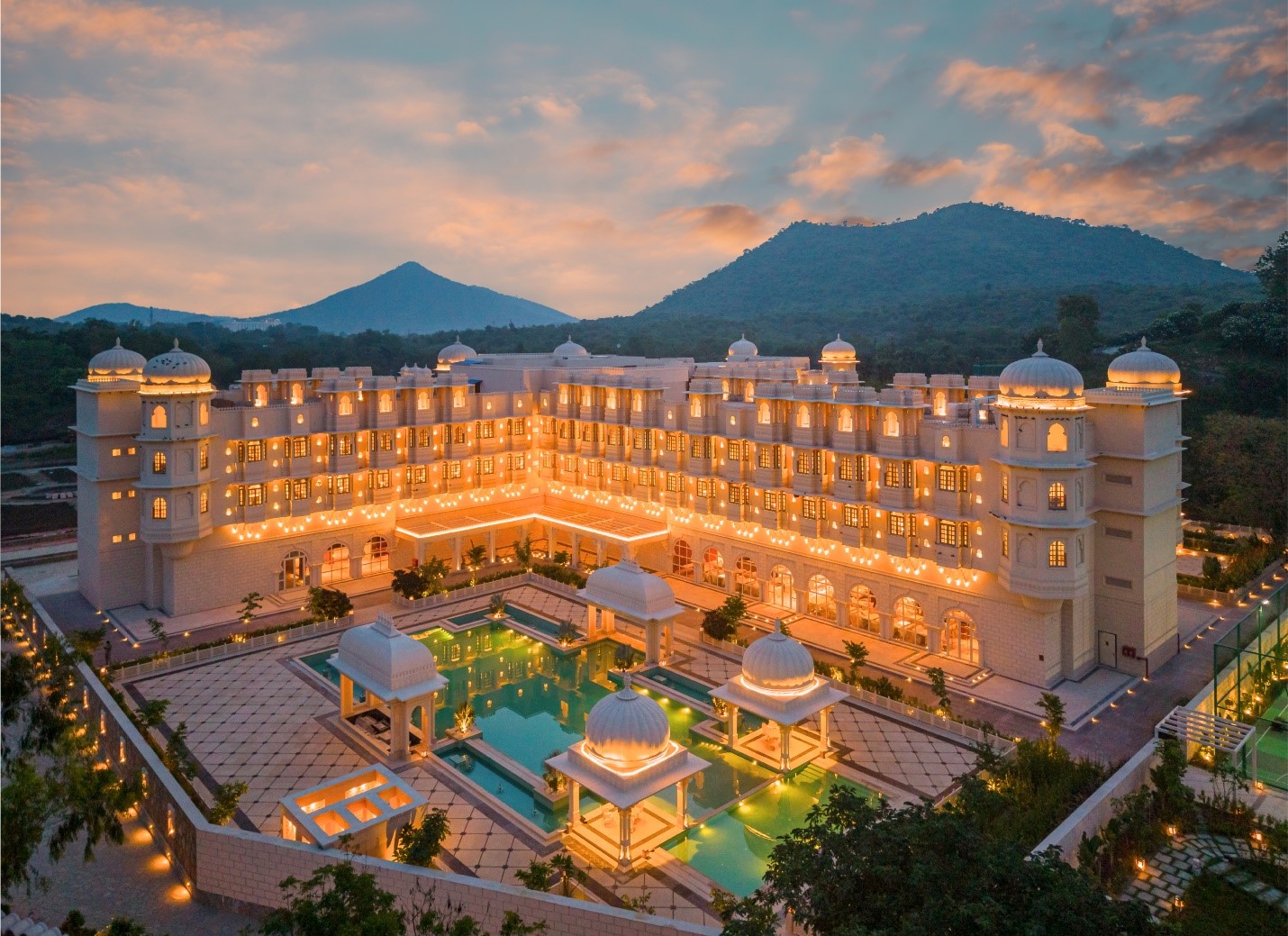The COVID-19 outbreak has impacted the hotel market across India, leaving many hotel owners and operators with a high degree of uncertainty. Jaideep Dang, Managing Director, Hotels & Hospitality Group, JLL, gives an overview of the damage.
Anupriya Bishnoi
How bad the impact of COVID-19 is on the industry?
The impact of COVID-19 on the hotel sector, as we are all experiencing, is severe. Several hotels in the country have either suspended their operations or are operating with single digit occupancy. Other revenue streams such as F&B, spa etc. are non-existent, at this time. Unlike many other frontline businesses such as retail and entertainment, hotels and aviation are physical services which do not have the scope to go online. With the suspension of travel and curtailment of movement around India, these sectors are more vulnerable than other parts of the economy.
How hotels should not temper with the price points since it takes a lot of time to recover?
We’re advising hoteliers to carefully consider holding room rates, despite low occupancies. Travel bans will greatly restrict the number of business and leisure travellers for the time being and will not provide any incentives to potential guests. Slimmer occupancies will always place pressure on hotel revenues, and given this unprecedented environment, maintaining room rates may serve as the primary contributor to managing revenues and fixed operating expenditures.
What alternate options do you suggest to hotels at the moment?
Businesses often innovate during times of crisis and uncertainty. Particularly, innovation in business is often driven by an ability to aid the larger cause and help people and communities. For example, in the F&B space, some hotels are providing food deliveries within a radial distance, generating cash flow. To optimise food and operational costs, the menu provided by such hotels is limited. Elsewhere across India, several hotels are providing facilities for quarantine and therefore maintaining some level of occupancy and as a result, helping several communities during this challenging period.
What should be industry’s immediate recovery plan?
Once the lockdown is lifted and the environment becomes conducive to restart travel, hotels could first shift their focus on domestic demand – essentially in the hinterland. It is possible that travellers may be hesitant to travel by air and prefer driving down to upcountry locations ideally within five to six hours from their homes. These could be short trips preferably around weekends. Potential resorts may likely start getting back room demand earlier than city business hotels. On the other hand, city hotels could rely on staycation demand – which is again a form of leisure travel originating from within the city.









